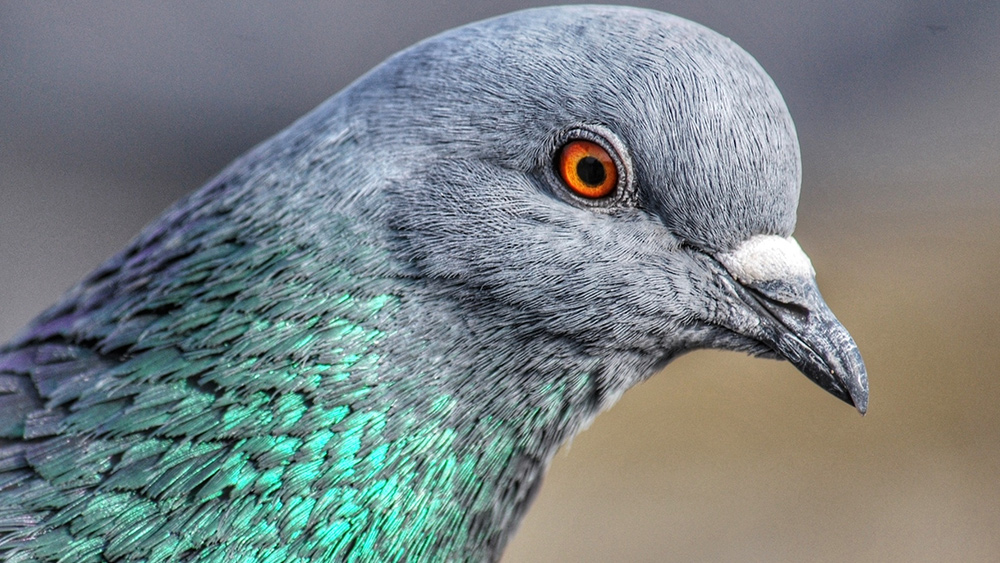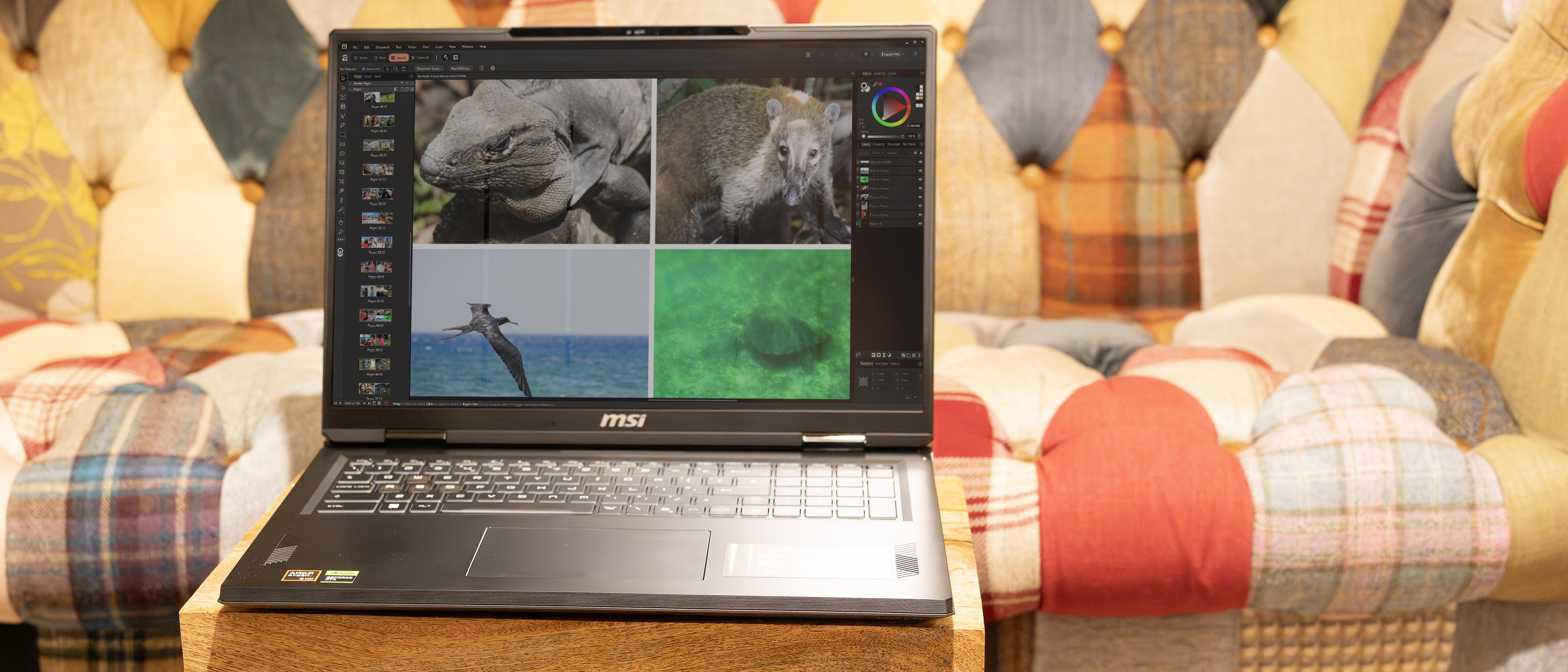$1.2m for a photo of a pigeon?
An image may be worth a thousand words, but how does that translate into cash? If it's a photo of a pigeon that's been misused for years, $1.2 million is the sum decided by a federal jury in Los Angeles. That's after a photographer sued a company for allegedly using his work without permission for more than a decade.
The company didn't only use the photographer's work after breaking off an arrangement with him. It allegedly even tried to trademark the photo as its own, apparently under the impression that it owned perpetual rights to the image (if you're a photographer, as well as the looking at our pick of the best cameras, you might want to see this creatives' guide to copyright).

The pigeon at the centre of the legal battle was snapped by photographer Dennis Fugnetti's MIAD Photography and Design in 1999 on a commission for a company called Bird B Gone, which describes itself as the 'world's leading manufacturer of professional bird control products'. The company wanted an image of a pigeon in flight to promote its brand and products, which include spikes designed deter birds from roosting where they're not wanted.
In 2003, the purveyor of anti-bird gadgets brought its advertising in-house, ending its relationship with MIAD. But, as claimed in the lawsuit seen by Bloomberg's Law360, it continued to use the image taken by MIAD “on various retail product packages to illustrate its products."
Fugnetti only realised this in 2017 when an employee of the firm emailed him to ask when the photo was taken so that it could be trademarked. The company proceeded to register the image as its own. Fugnetti sued for copyright infringement in 2019. He died a year later, but his daughter took over representation in the case.
So what was Bird B Gone’s defence? They claimed that they had been granted an “implied license” for prolonged use of the photo. A federal jury in Los Angeles dismissed that claim and has awarded $1.2 million. The company says it will attempt to appeal.
The case just shows how both sides need to be aware of the details of the agreement they're entering into. Creatives can be left short changed if they don't know what they're signing, but sometimes it's the person commissioning the work that doesn't know the law and might assume they're getting perpetual rights to creative work when that isn't the case.
Daily design news, reviews, how-tos and more, as picked by the editors.
Read more:

Joe is a regular freelance journalist and editor at Creative Bloq. He writes news, features and buying guides and keeps track of the best equipment and software for creatives, from video editing programs to monitors and accessories. A veteran news writer and photographer, he now works as a project manager at the London and Buenos Aires-based design, production and branding agency Hermana Creatives. There he manages a team of designers, photographers and video editors who specialise in producing visual content and design assets for the hospitality sector. He also dances Argentine tango.
